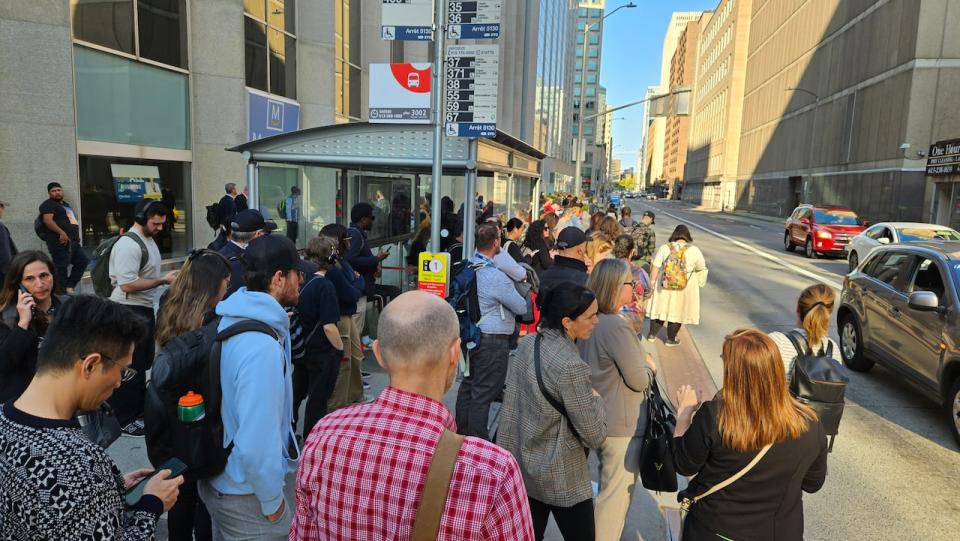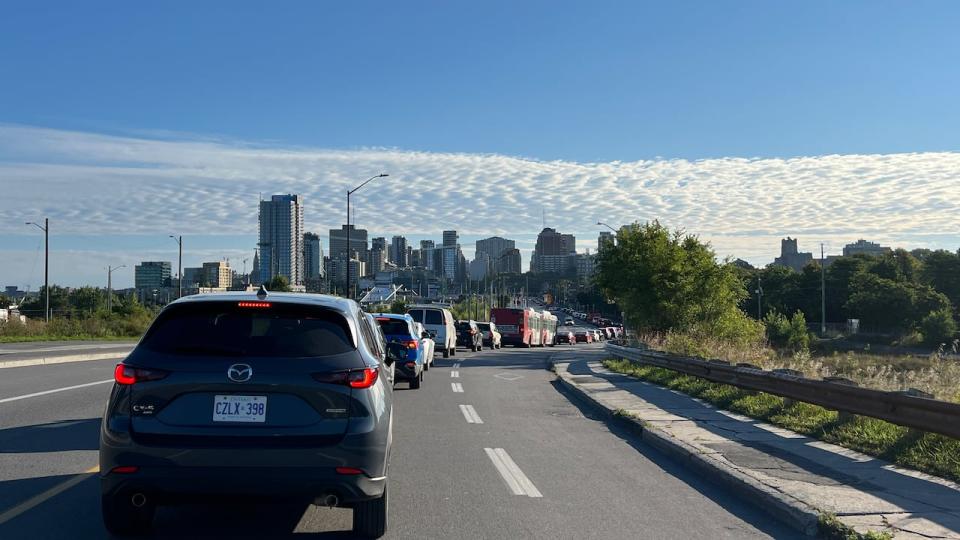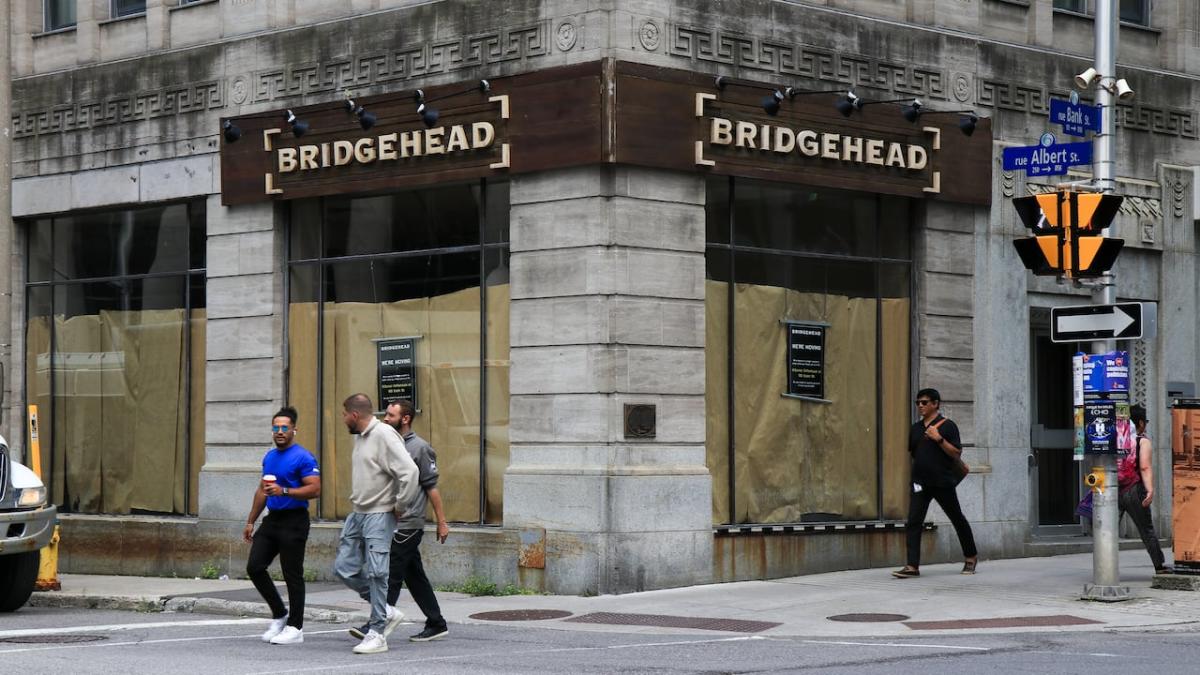A major union for Ottawa-Gatineau’s largest employer asked members on Wednesday to try not to spend money at downtown businesses.
As of Monday, federal public servants have to work in the office at least three days per week, or four for executives — though a lack of space has meant exceptions in some cases.
Government leadership has said workers perform better and learn more in an office.
Public service unions such as the Public Service Alliance of Canada (PSAC), who put out the original request on social media this week, have long, loudly and legally challenged this kind of move.
PSAC’s National Capital Region chapter first put out a call to “buy nothing” downtown when they’re in the office, taking aim at the idea that the changes to their routines are a form of subsidy to downtown businesses that serve office workers.
“The needs of the downtown core shouldn’t fall on the backs of workers and the federal public service,” it said. “How workers spend their money on in-office days will send a clear message to politicians.”
It goes on to encourage members to pack a lunch, shop in their home neighbourhoods as much as possible and to promote those kinds of businesses.
Wednesday evening, the graphic changed from “buy nothing” to “buy local.”
On Thursday, PSAC regional executive vice-president Ruth Lau MacDonald put out a statement saying the approach was misguided and “our intention has never been to pit federal workers against small downtown businesses.”
“We recognize the many challenges small business owners downtown have faced since the pandemic,” the statement said.
“At the same time, it’s important to remember that remote work has allowed small businesses outside the downtown core to thrive.”
Before changing tack
Lau MacDonald had said Wednesday the message was meant to encourage members to “spend thoughtfully” at businesses near their homes in places such as Hintonburg or Barrhaven, not to “boycott” those in a downtown with struggling transit and more expensive parking.
She cited a 2022 open letter from the Canadian Chamber of Commerce asking the federal government to bring public servants back to the office for “a return to normal economic activity.” The Ottawa Board of Trade was one of the signees.
Public servants represent a major customer base in Ottawa, Gatineau and the nearby communities that make up the capital region: more than 130,000 people as of the end of March 2023, nearly 10 per cent of the population.

A crowd waits for their bus on Albert Street in Ottawa on Tuesday, the second day of increased time in office for public servants. (Félix Pilon/Radio-Canada)
Pressure differences in Ottawa and Gatineau
Ottawa Mayor Mark Sutcliffe blamed part of a multi-billion dollar hole in the city’s long-term transit budget on fewer public servants riding OC Transpo to work, calling on the federal government to consider the impact of its decisions on the city.
Ontario Premier Doug Ford also called on the federal government to force public servants back to the office to support businesses there.
Prior to being elected, Gatineau Mayor Maude Marquis-Bissonnete said “I don’t think it should all rely on workers to make that part of the city more attractive.” She reiterated that sentiment at a recent news conference.
“We see that the mayor of Gatineau has a very different vision of what the return to the office means for businesses on that side of the river,” Lau MacDonald said in French to Radio-Canada.
“Here in Ottawa, we saw political pressure from Mark Sutcliffe. So, we really wanted it to touch him and get his attention.”


Traffic on Albert Street approaching Ottawa’s core on Tuesday. (Frédéric Pepin/Radio-Canada)
The backlash
Sutcliffe responded to PSAC’s original messaging Wednesday on social media and later at a news conference.
“Downtown businesses are not responsible for decisions about back to work,” Sutcliffe wrote. “They’ve suffered significantly as a result of the pandemic. Let’s keep them out of the line of fire. Let’s support them and support a thriving downtown.”
“I don’t think things are going well on his side,” Lau MacDonald said, referring to budget problems the city is facing.
The head of a business improvement area representing downtown Gatineau also told Radio-Canada in French businesses are “the wrong target.”
“We did not ask for civil servants to return three days a week,” said Martin A. Roy of Vision Centre-Ville. “Yes, it’s interesting that they’re here for one more day, but that’s not what we’re counting on to revive the downtown area.”

